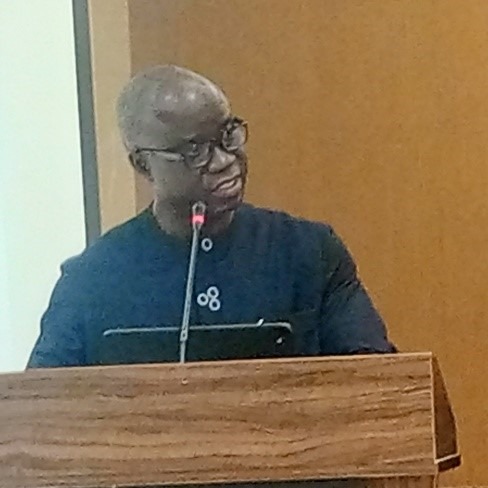Liberia’s coastal communities heavily rely on the fisheries sector for their livelihoods, making it a significant contributor to both income generation and national revenue. However, this crucial sector faces a complex web of challenges, including illegal, unreported, and unregulated (IUU) fishing, which poses a direct threat to local employment and food security. The detrimental effects of climate change, marine pollution, and unsustainable fishing practices further exacerbate these challenges, jeopardizing the long-term health and productivity of Liberia’s marine ecosystems. Recognizing the urgency of these issues, the Liberian government has placed combating IUU fishing at the forefront of its priorities. This commitment aims to protect the livelihoods of coastal communities and ensure the sustainable management of the country’s valuable marine resources. Beyond addressing IUU fishing, Liberia is also focusing on developing sustainable aquaculture as a means to diversify income sources, alleviate pressure on marine ecosystems, and enhance resilience to the impacts of climate change.
The Liberian government’s commitment to sustainable fisheries management is further exemplified by its investment in research, capacity-building, and community engagement. These efforts are laying the groundwork for a robust and resilient fisheries sector that can benefit current and future generations. By aligning national policy with global best practices, Liberia demonstrates its dedication to responsible fisheries management and its active participation in the international fisheries community. This commitment underscores the recognition that sustainable fisheries management requires international cooperation and adherence to established standards to protect shared marine resources and ensure the long-term health of the world’s oceans.
Liberia’s active role in regional fisheries management was highlighted by its hosting of the 15th Session of the Fisheries Committee for the West Central Gulf of Guinea (FCWC) and its subsequent assumption of the FCWC chairmanship. The FCWC serves as a vital platform for regional collaboration in addressing the complex challenges facing the fisheries sector and promoting sustainable development within the region. Liberia’s leadership role within the FCWC signifies its commitment to working collaboratively with regional partners to advance sustainable fisheries practices and harness the vast potential of the region’s marine resources. The West Central Gulf of Guinea, a region rich in biodiversity and cultural heritage, possesses immense potential for economic growth and development through the sustainable management of its marine resources.
Minister of Agriculture J. Alexander Nuetah, who also chairs the board of the National Fisheries & Aquaculture Authority (NaFAA), emphasized the importance of regional collaboration in addressing the challenges confronting the fisheries sector. He lauded the collaborative spirit demonstrated during the FCWC conference, recognizing it as an indispensable tool for promoting sustainable development within the sector. Minister Nuetah underscored the need for collective responsibility and innovative governance to unlock the full potential of the region’s marine resources. He stressed the importance of adopting a holistic approach that considers the interconnectedness of environmental, economic, and social factors to ensure the long-term sustainability of the fisheries sector.
Liberia’s assumption of the FCWC chairmanship marks a significant milestone in the country’s commitment to regional fisheries management. Minister Nuetah described this role as both an honor and a call to action, urging all participants to embrace a leadership approach characterized by vision, determination, and a steadfast commitment to sustainable fisheries practices. He expressed confidence in the collective ability of the FCWC member states to achieve the organization’s objectives through concerted efforts and unwavering dedication. The Minister acknowledged the progress made by FCWC member states, particularly in strengthening monitoring systems and adopting regional agreements that enhance transparency and accountability within the fisheries sector.
The FCWC Ministers Conference served as a pivotal moment for regional cooperation and a platform for advancing sustainable fisheries management. Minister Nuetah encouraged participants to leverage this opportunity to reaffirm their shared vision and intensify their efforts to implement sustainable fisheries practices. He reiterated Liberia’s unwavering commitment to collaborating with regional partners to build a fisheries sector that not only contributes to regional prosperity but also ensures the long-term health and productivity of the region’s marine ecosystems. This commitment underscores the understanding that sustainable fisheries management is essential for achieving both economic development and environmental conservation goals.














